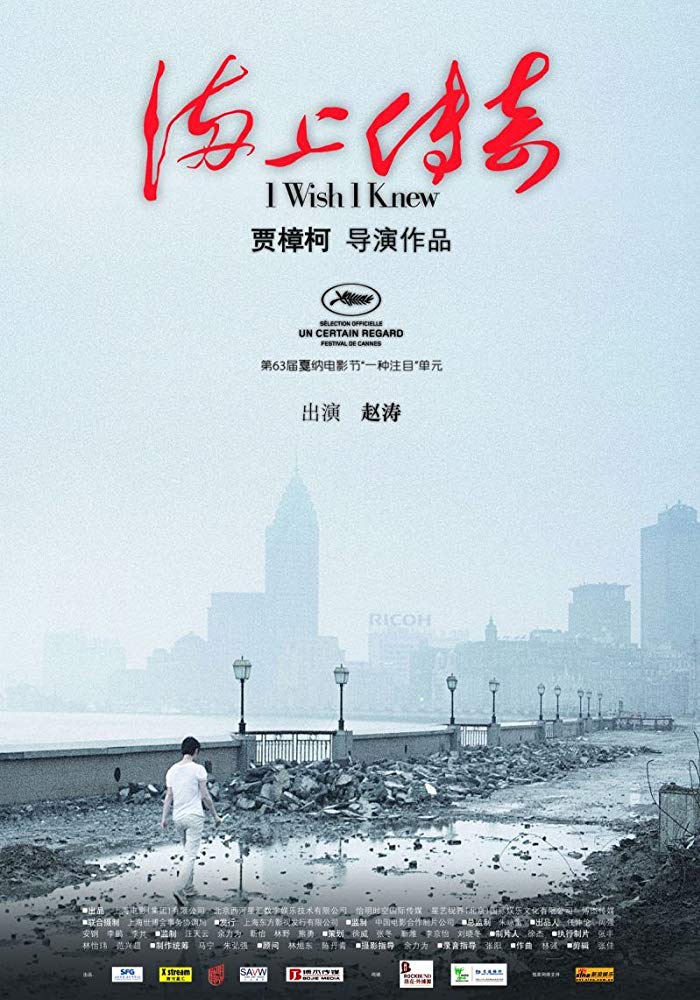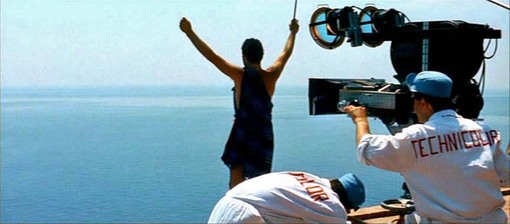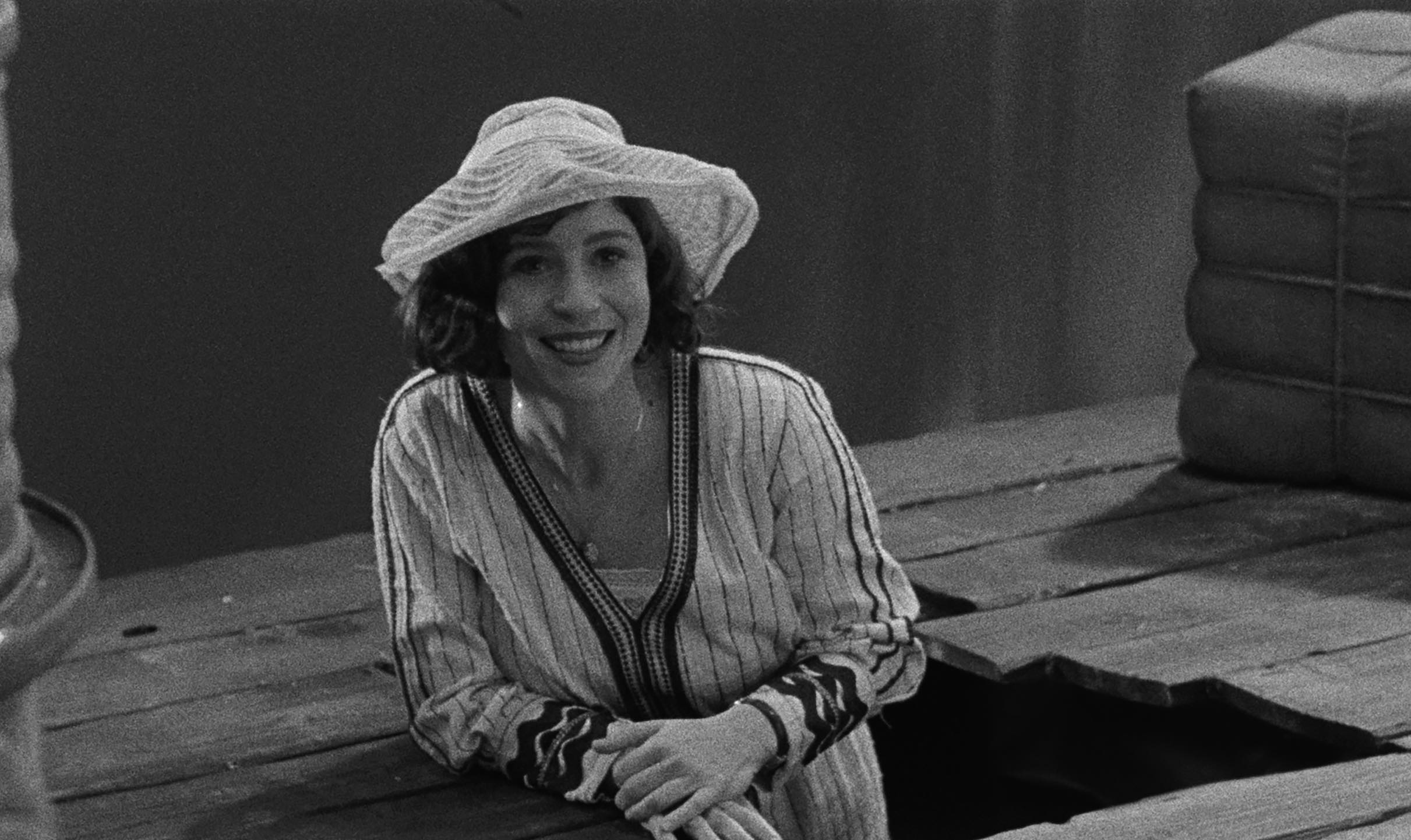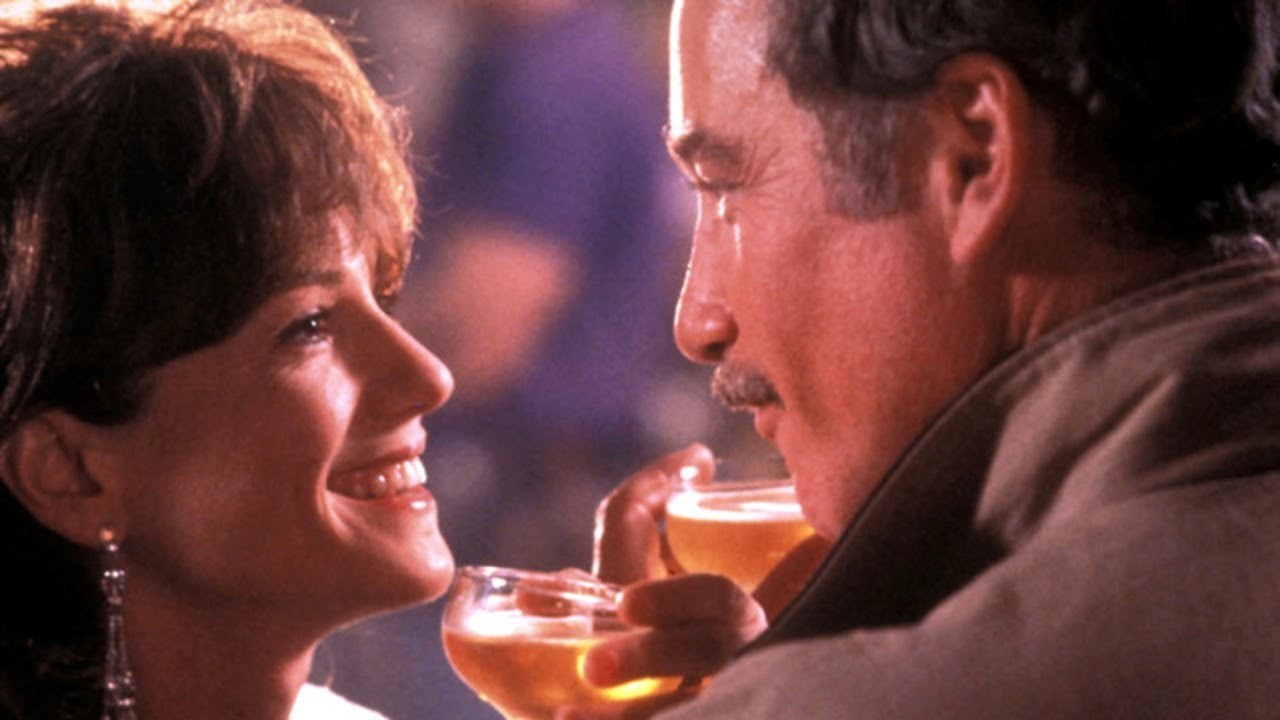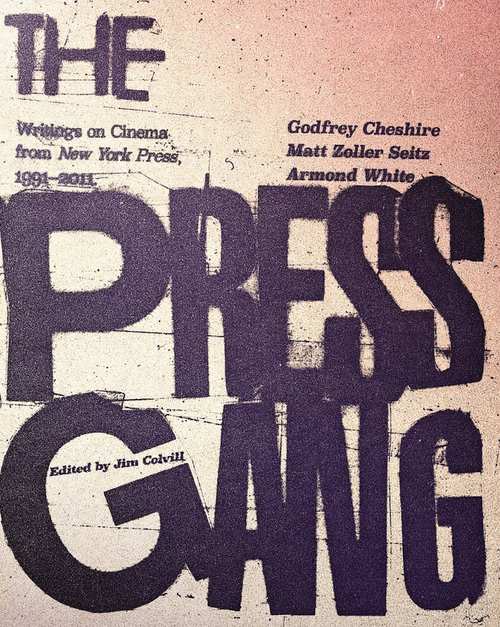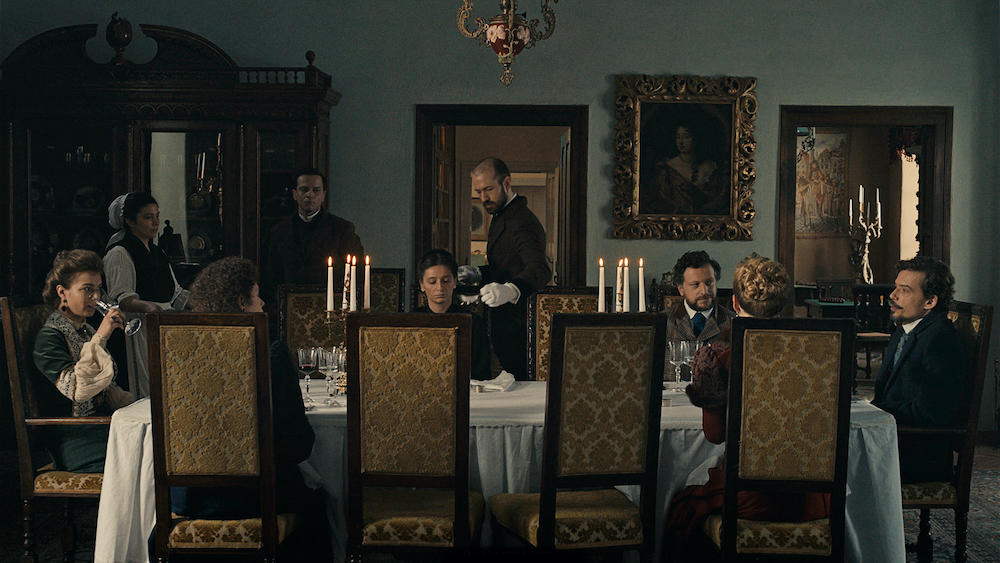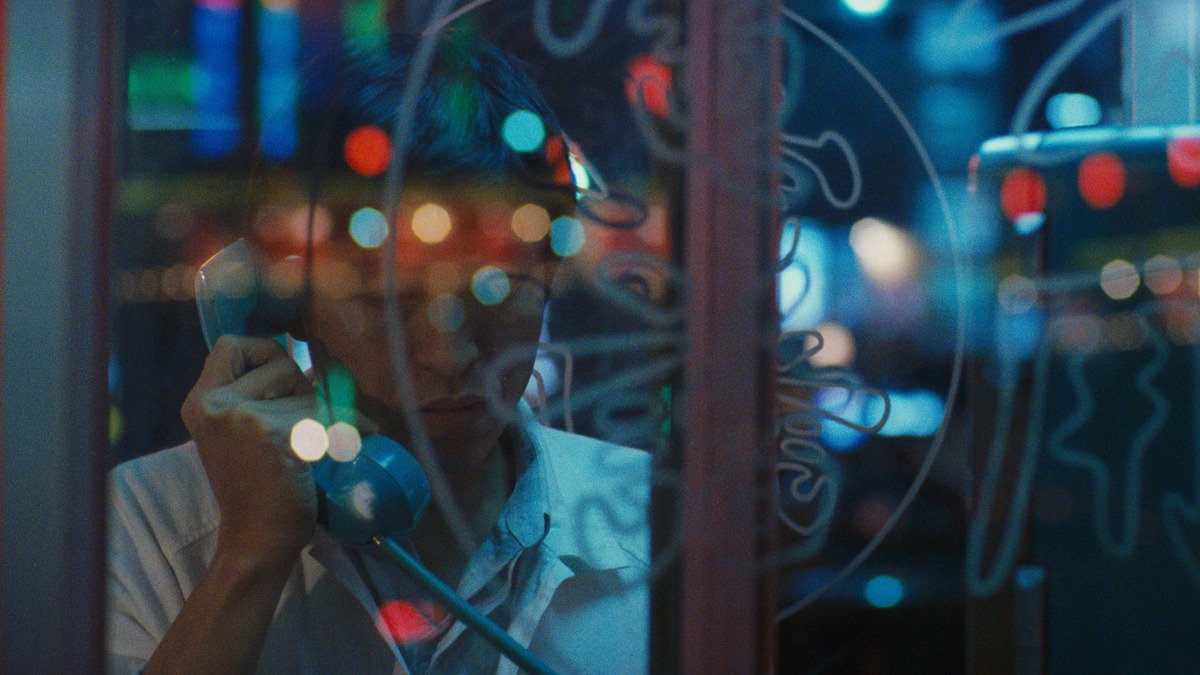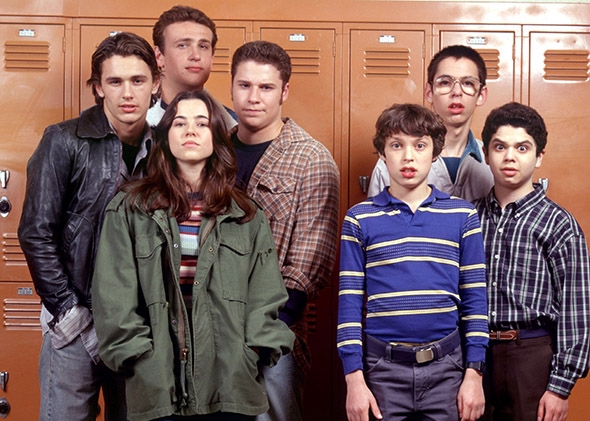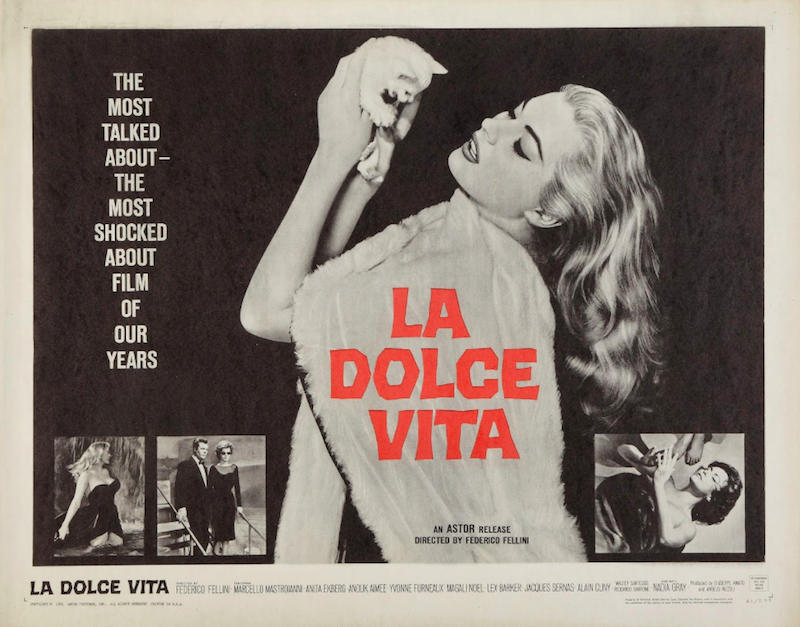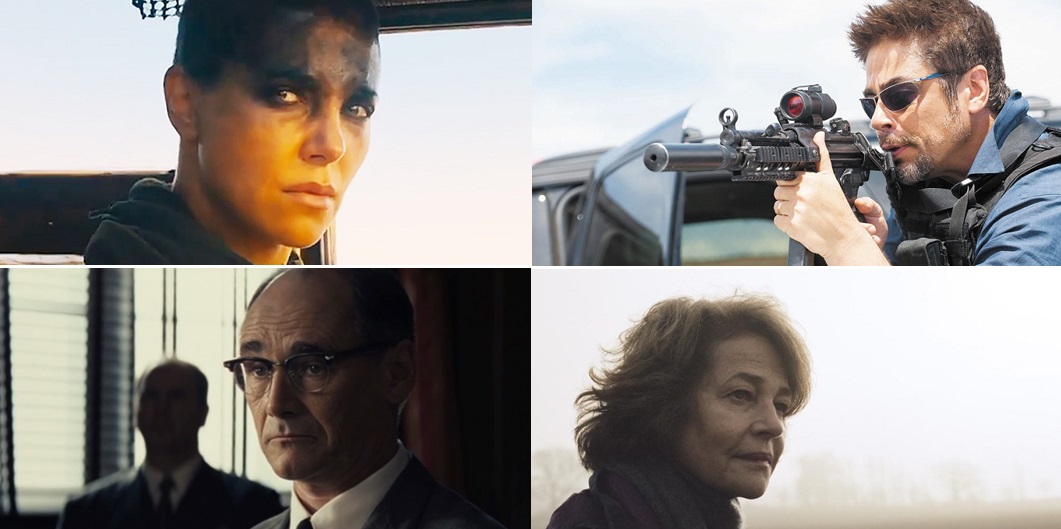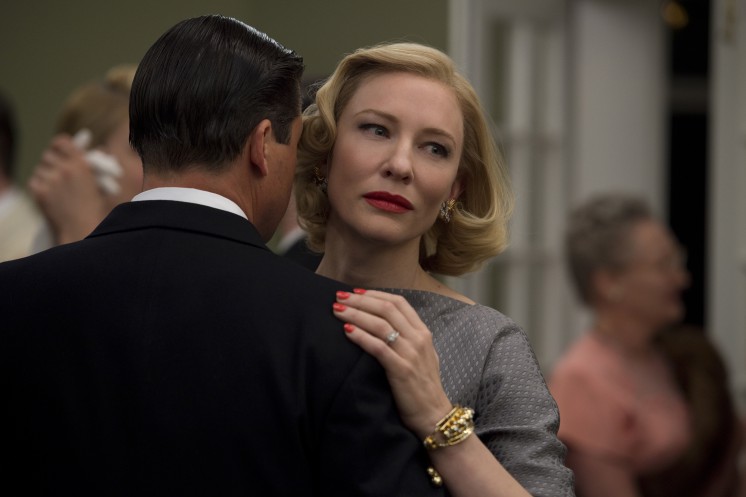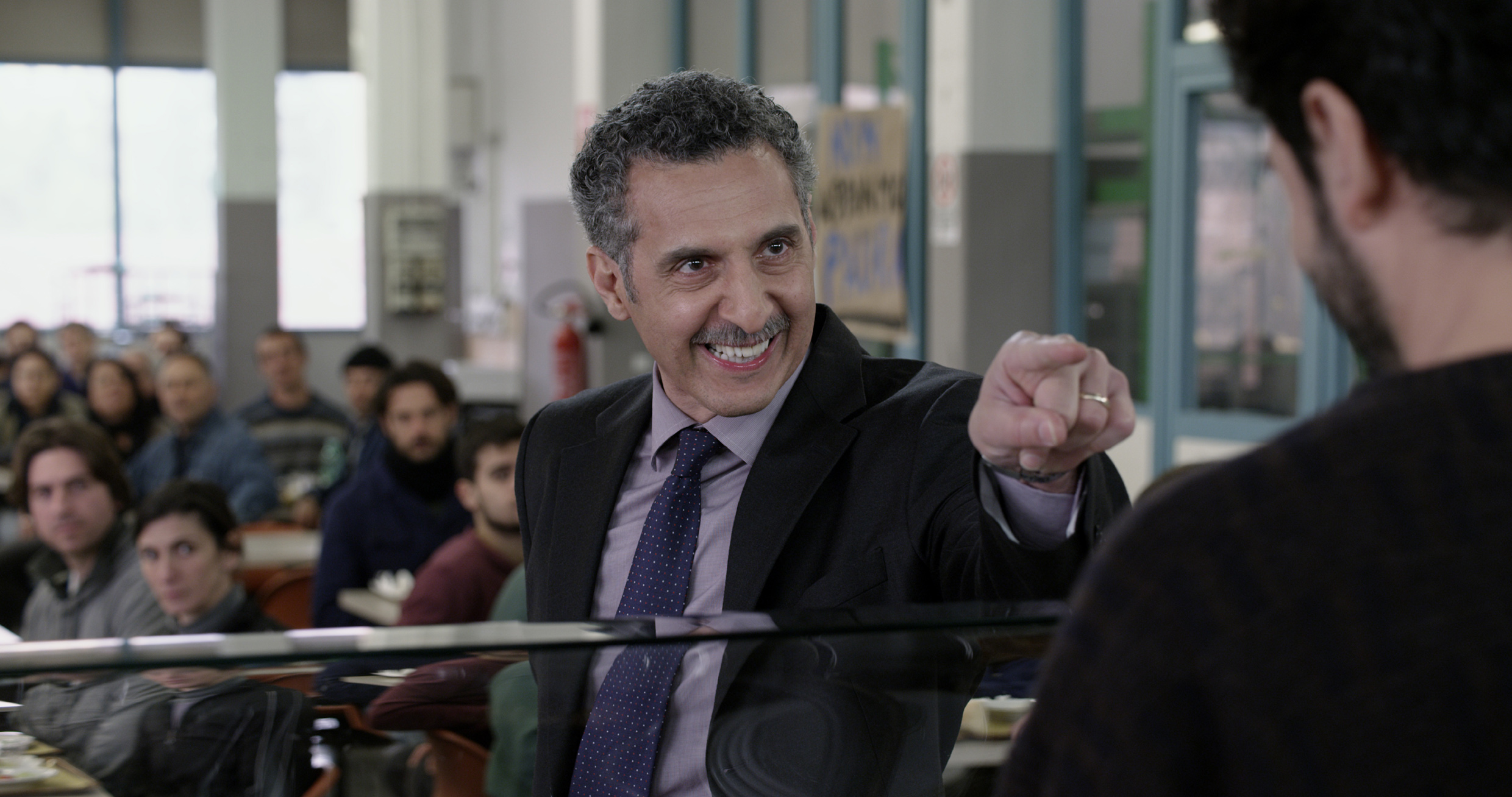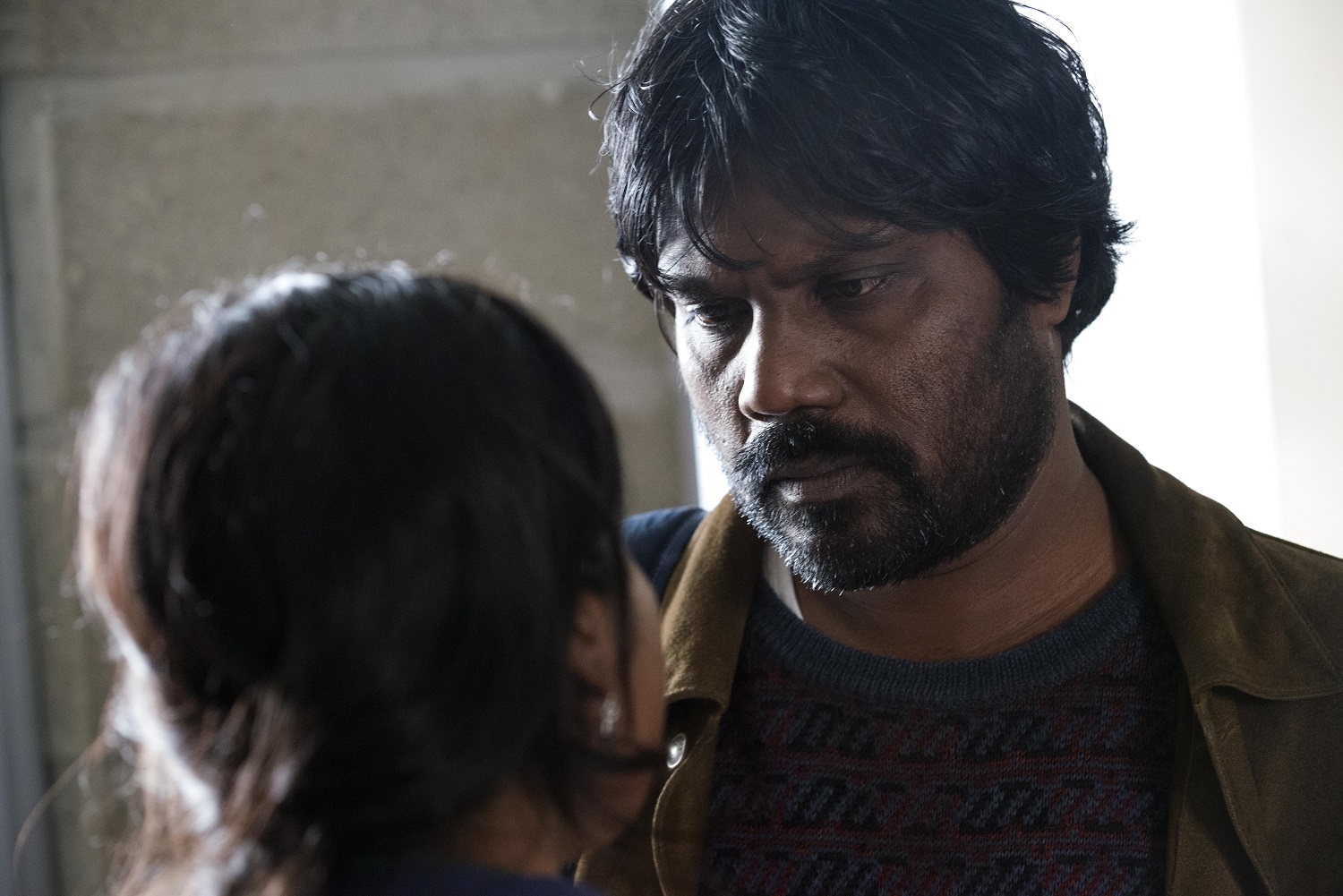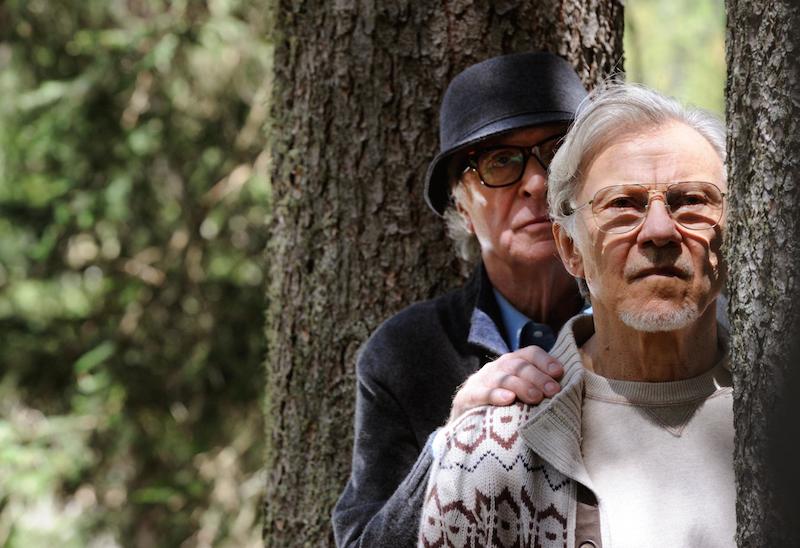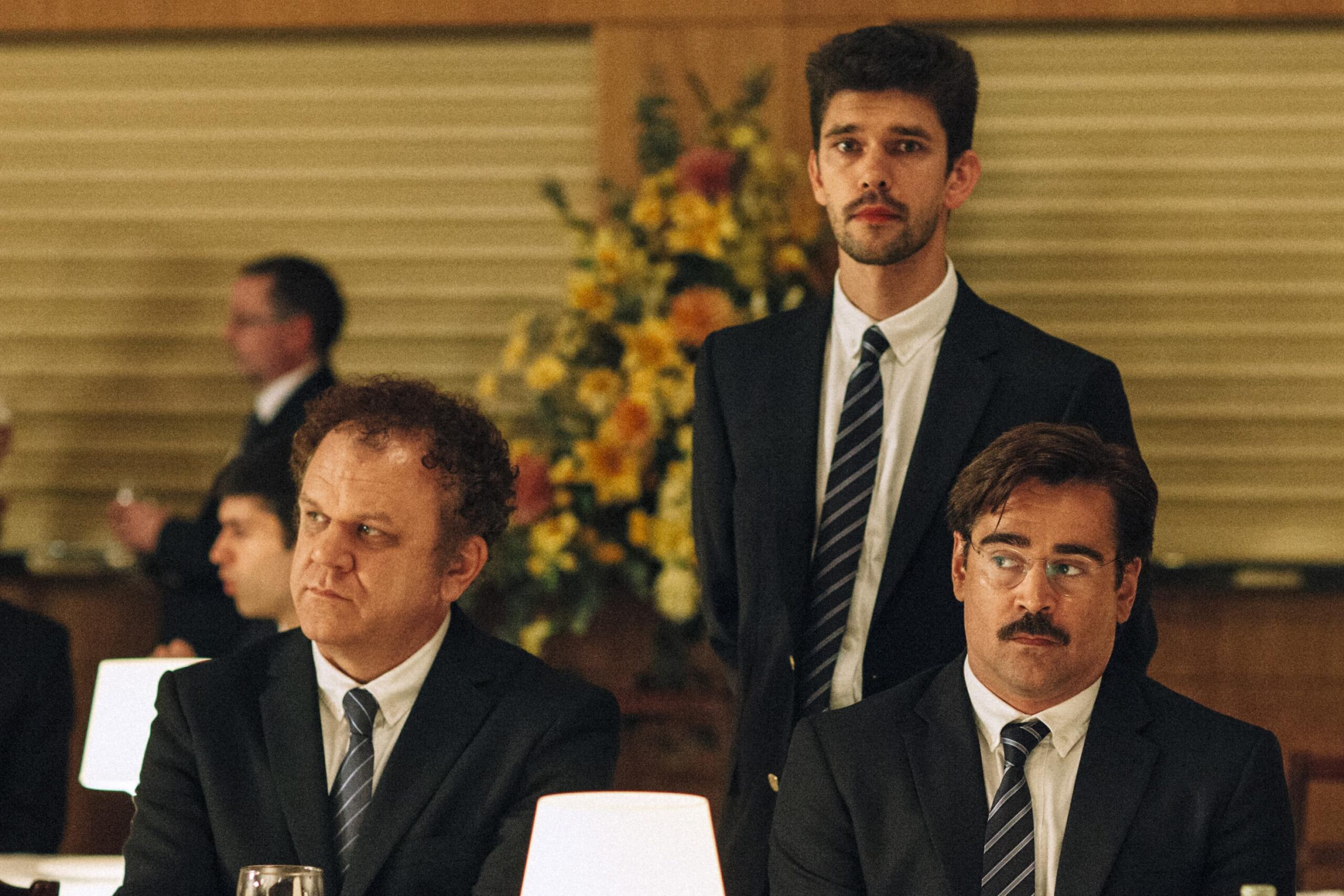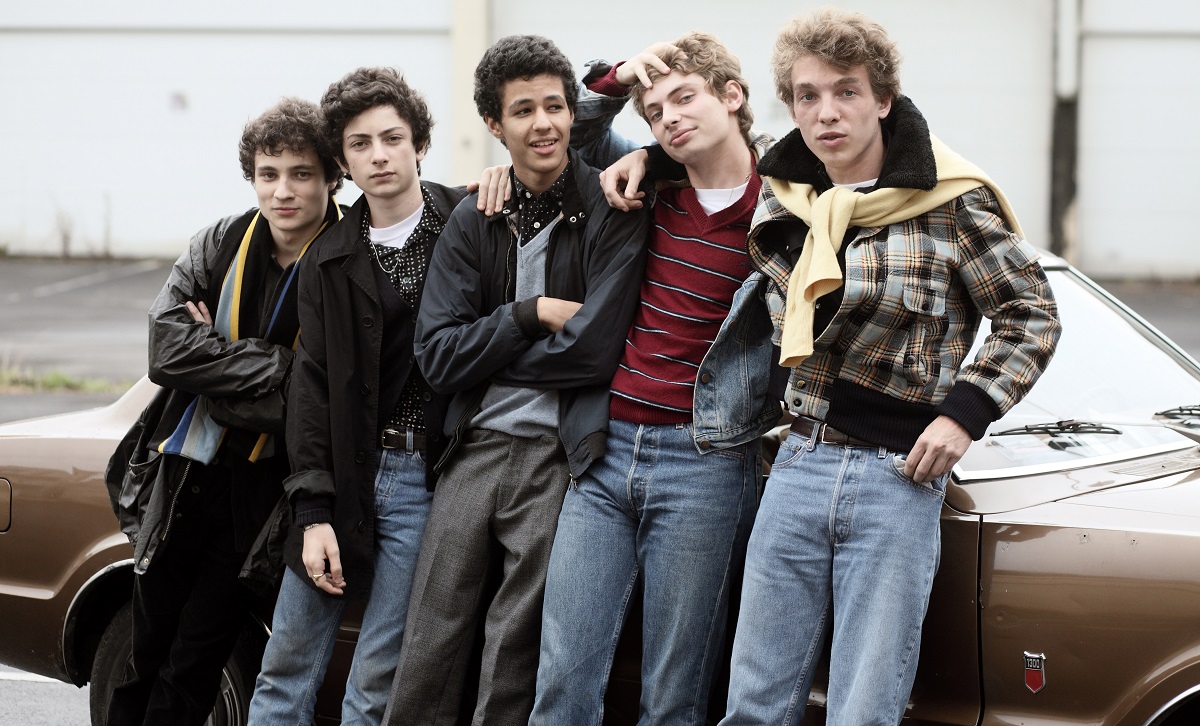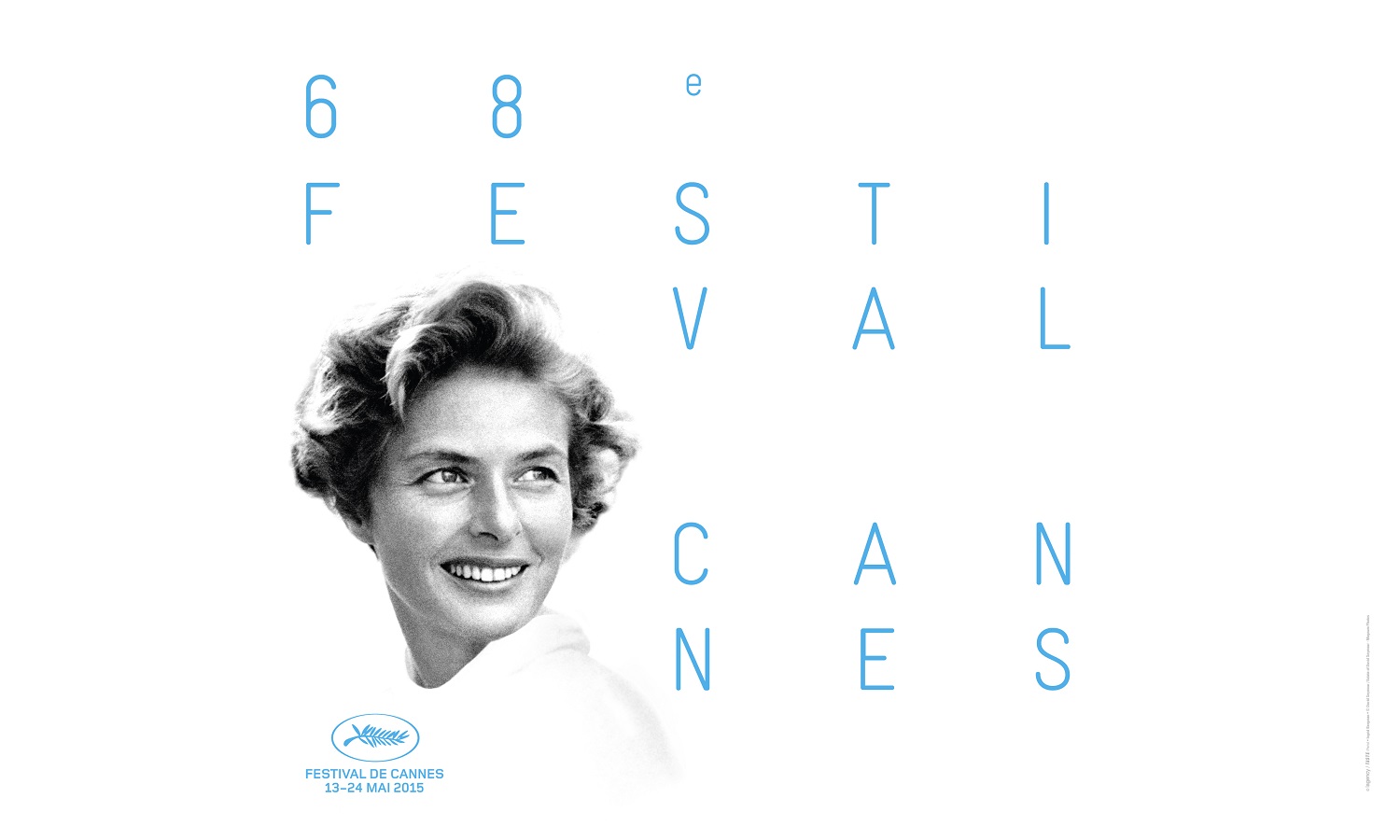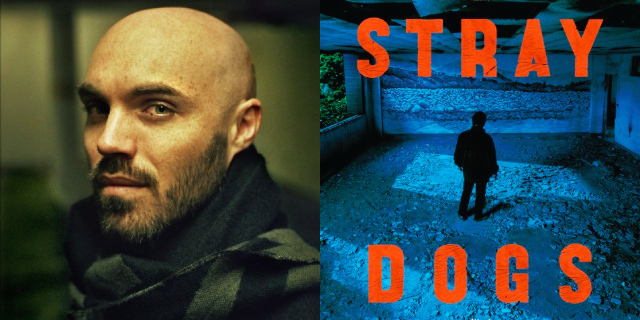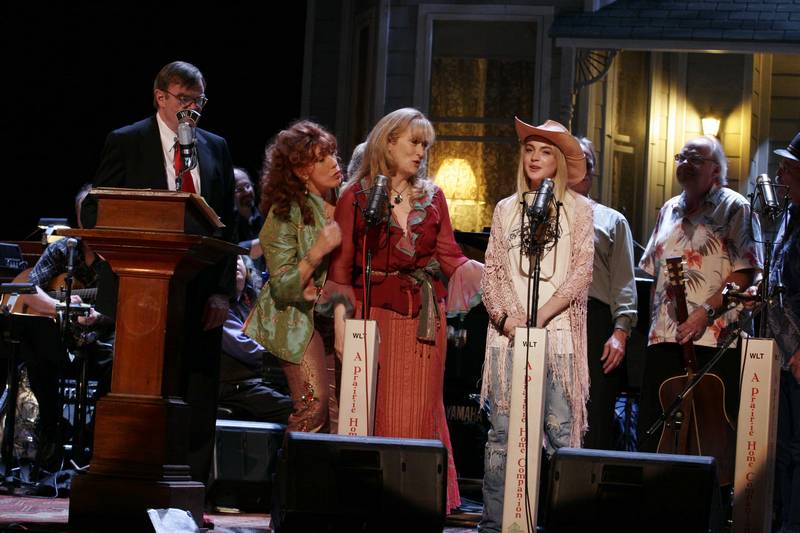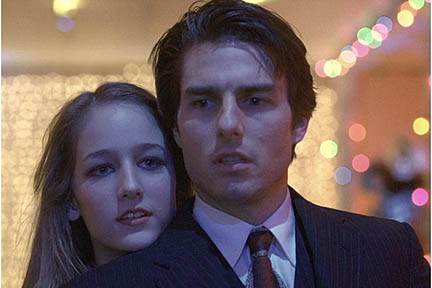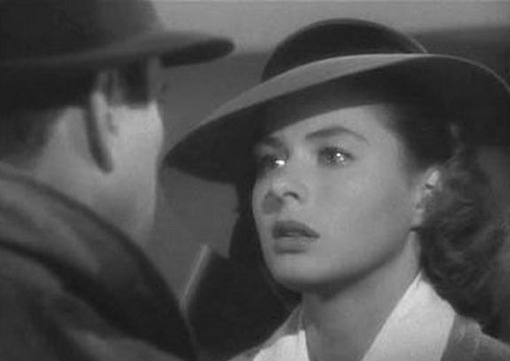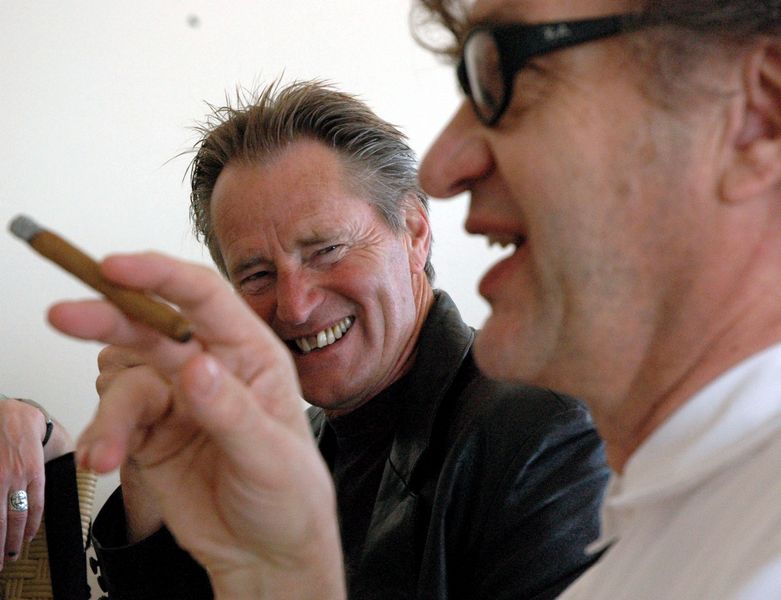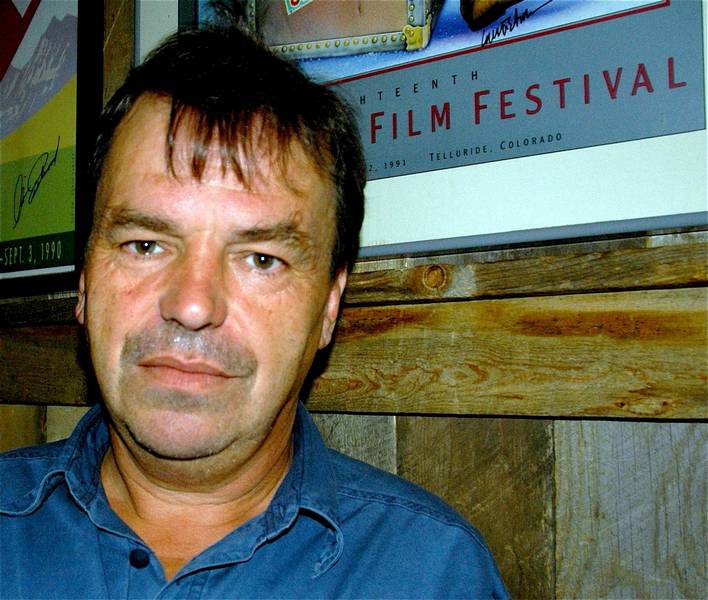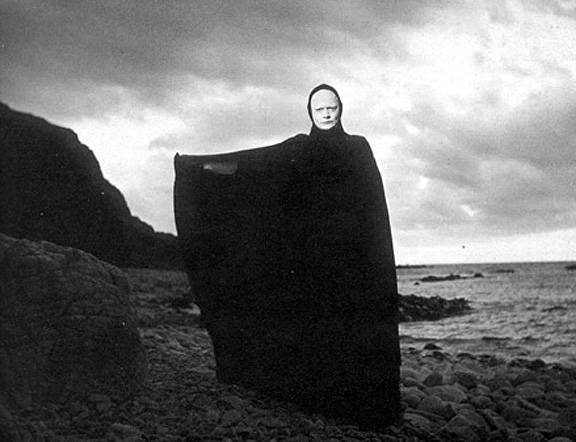Hou Hsiao-hsien Movie Reviews
Blog Posts That Mention Hou Hsiao-hsien
Justifiable Revenge: Hou Hsiao-hsien on “The Assassin”
Glenn Heath, Jr.
It Ain’t the Meat (It’s the Motion): Thoughtson movie technique and movie criticism
Jim Emerson
Opening Shots: ‘Flowers of Shanghai’
Jim Emerson
Moviegoers who feel too much
Jim Emerson
The Golden Age of Cinemania is Now
Jim Emerson
Cannes 2024: Grand Tour, Motel Destino, Beating Hearts
Ben Kenigsberg
The Smoke Gets In Your Eyes Cinematic Universe
Hannah Benson
Gang of Three: A Conversation with Godfrey Cheshire, Matt Zoller Seitz, and Armond White
Craig D. Lindsey
NYFF 2020: Malmkrog, Days, I Carry You With Me
Godfrey Cheshire
Criterion’s “World Cinema Project, Vol. 2” Offers a Film Class in a Box
Brian Tallerico
Home Entertainment Consumer Guide: April 7, 2016
Brian Tallerico
“La Dolce Vita” No More: On The Current State of Foreign-Language Film Distribution
Steve Erickson
A Living Cinematic Organism: Stephen Cone on “Henry Gamble’s Birthday Party”
Sheila O'Malley
The Best Performances of 2015
The Editors
NYFF: “Carol,” “The Assassin,” “Right Now, Wrong Then”
Scout Tafoya
CIFF 2015: Preview of the 51st Chicago International Film Festival
Nick Allen
Cannes 2015: Jacques Audiard’s “Dheepan” wins Palme d’Or
Ben Kenigsberg
Cannes 2015: Palme predictions
Ben Kenigsberg
Cannes 2015: “Youth,” “Madonna,” “The Assassin”
Barbara Scharres
Cannes 2015: “The Lobster,” “Irrational Man”
Barbara Scharres
Alterna-Cannes 2015
Ben Kenigsberg
Welcome to Cannes 2015
Barbara Scharres
Thumbnails 9/18/14
Matt Fagerholm
Ebert’s Four-Star Movies of 2006
Roger Ebert
Ebert & Scorsese: Best Films of the 1990s
Roger Ebert
“The Tree of Life” takes the Palme d’Or
Roger Ebert
WALL-E scrunches Love Guru inVillage Voice/LA Weekly crix poll
Jim Emerson
Sensitivity training: the fallacy of feelings
Jim Emerson
Into the Great Big Boring
Jim Emerson
So many films, so little time
Roger Ebert
Cannes coda: Why it’s all worth it
Roger Ebert
Telluride #4: A cleansing rain of films
Roger Ebert
Giants return to Cannes
Roger Ebert
Star Power and Small Gems Get Equal Time at Festival
Roger Ebert
Cannes all winners
Roger Ebert
Fighting over Bergman’s legacy
Roger Ebert
Popular Reviews

The best movie reviews, in your inbox
